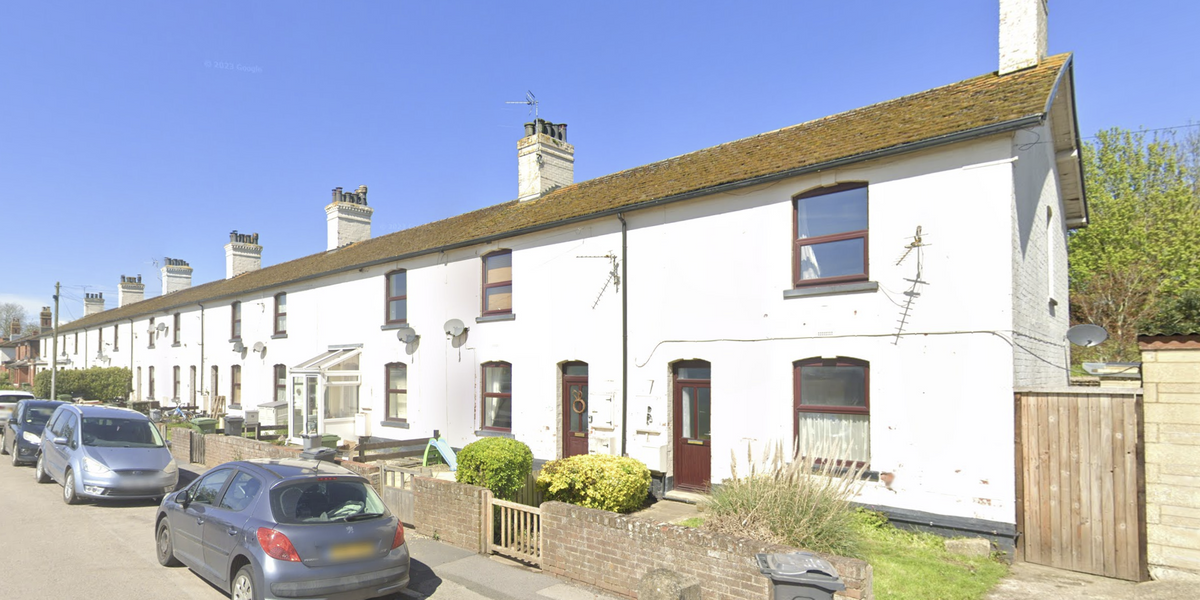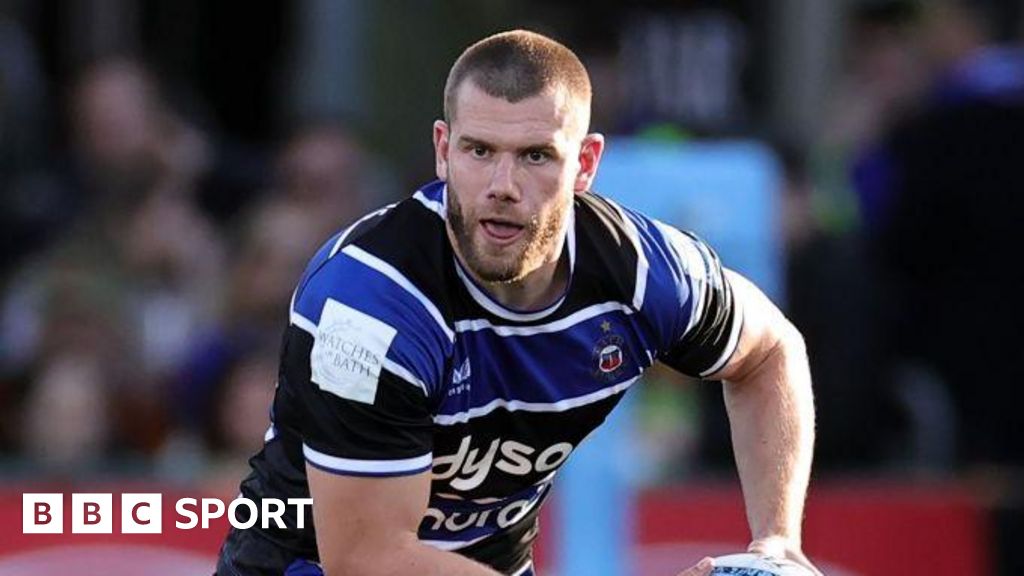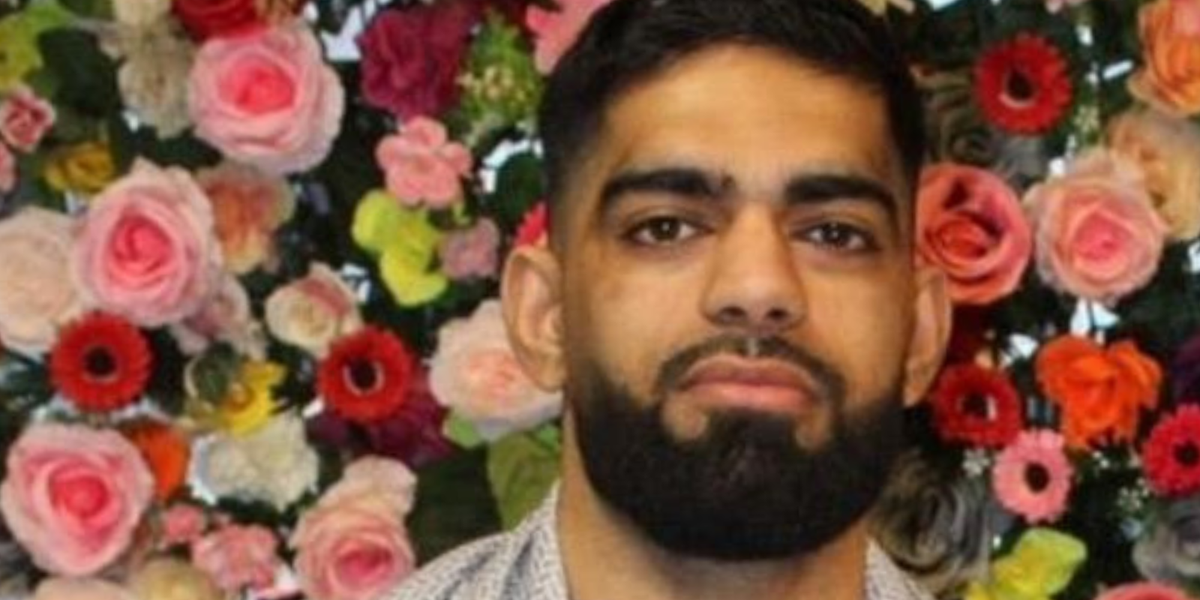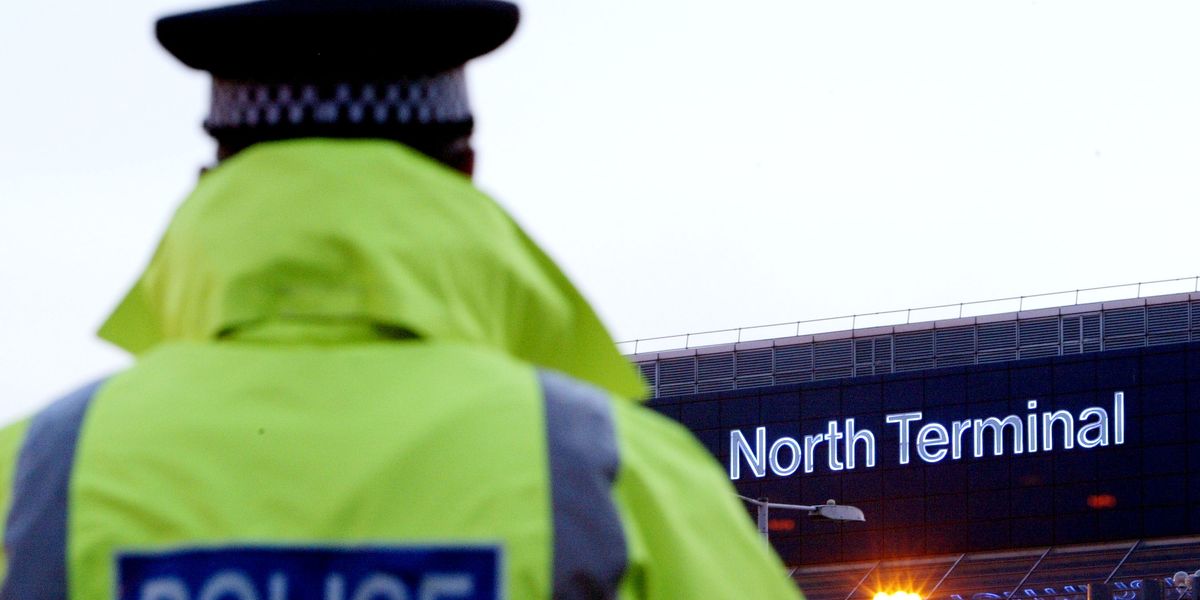MPs are due to debate the bill on 29 November, when they will also get an initial vote.
If it passes its first vote the bill would face further scrutiny from MPs and peers, who would both have to approve the final version for it to become law.
Full details of the bill have not yet been published but it is expected to be similar to one proposed in the House of Lords earlier this year, which said terminally ill adults with six months or less to live would be able to get medical help to end their own lives.
Leadbeater has said there must be both medical and judicial safeguarding to ensure people are not pressurised to end their lives.
Prime Minister Sir Keir Starmer, who has previously supported legalising assisted dying, has said his government will remain neutral on the bill.
The issue has split Parliament, with Energy Secretary Ed Miliband and Culture Secretary Lisa Nandy among those who have said they plan to support the bill.
Last week it emerged the health secretary had privately told colleagues he would vote against the legislation.
He later told the he was worried terminally ill people could feel “like a burden” and be “guilt-tripped” into ending their own lives sooner than they would have liked.
Justice Secretary Shabana Mahmood has also said she will not support the proposals because of her “unshakeable belief in the sanctity and the value of human life”.
On Thursday Liberal Democrat leader Sir Ed Davey said he was “minded” to vote against the bill because he was concerned elderly and disabled people might feel pressurised to end their lives.
He argued improving end-of-life care would ease people’s fears of a painful death and make many cases of assisted suicide unnecessary.
Throughout the UK, laws prevent people from asking for medical help to die.
A separate bill to legalise assisted dying has also been proposed in Scotland.









